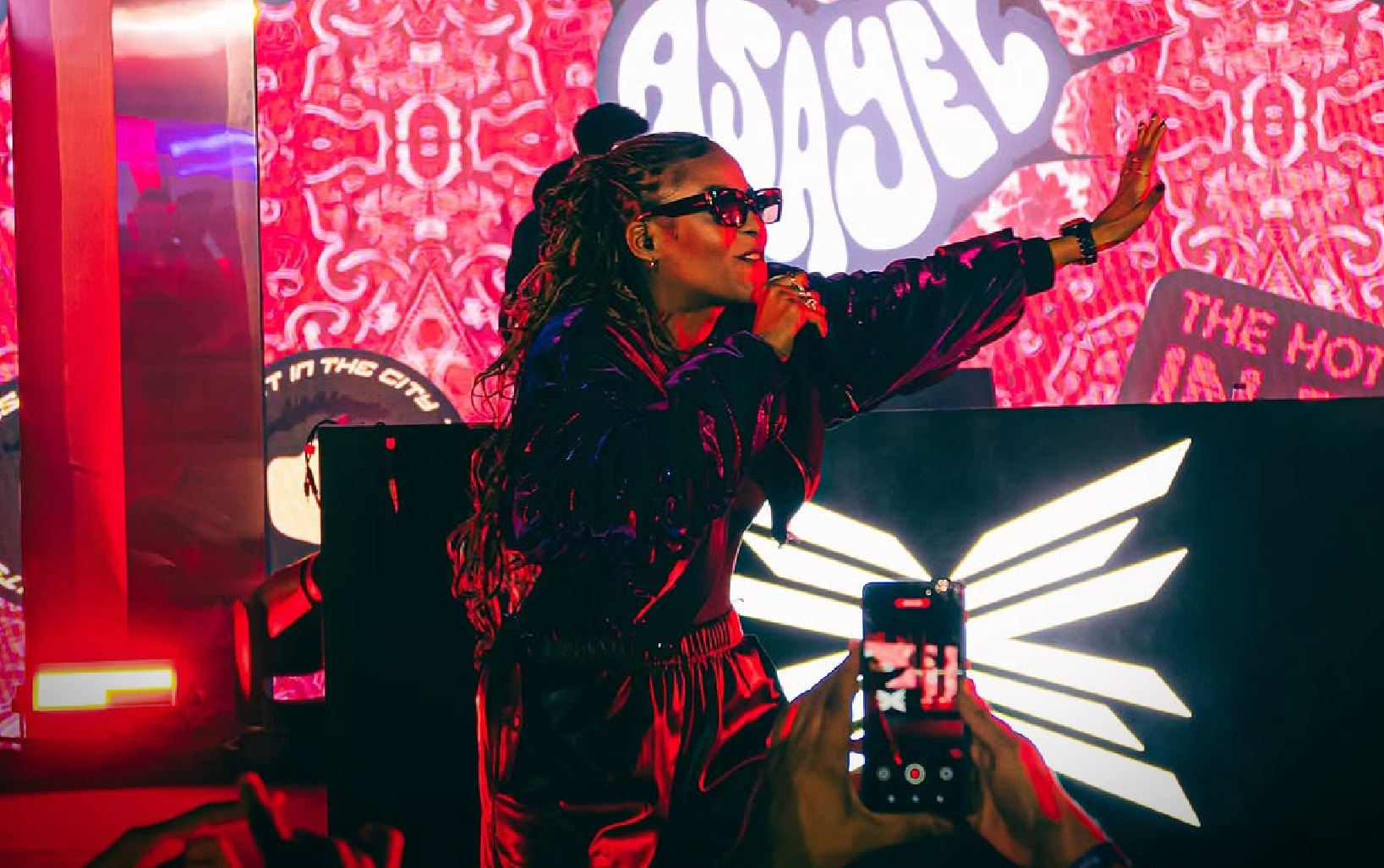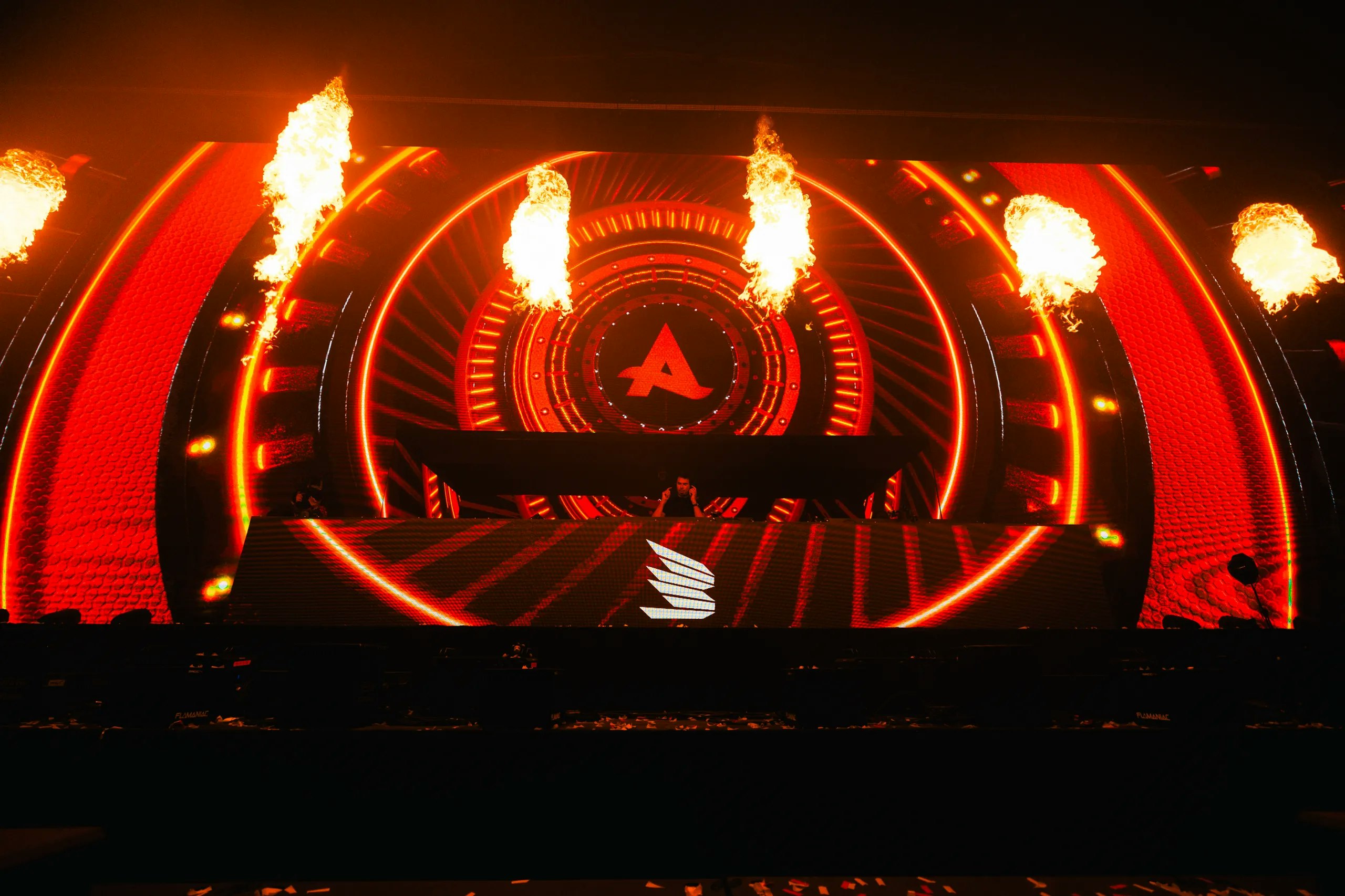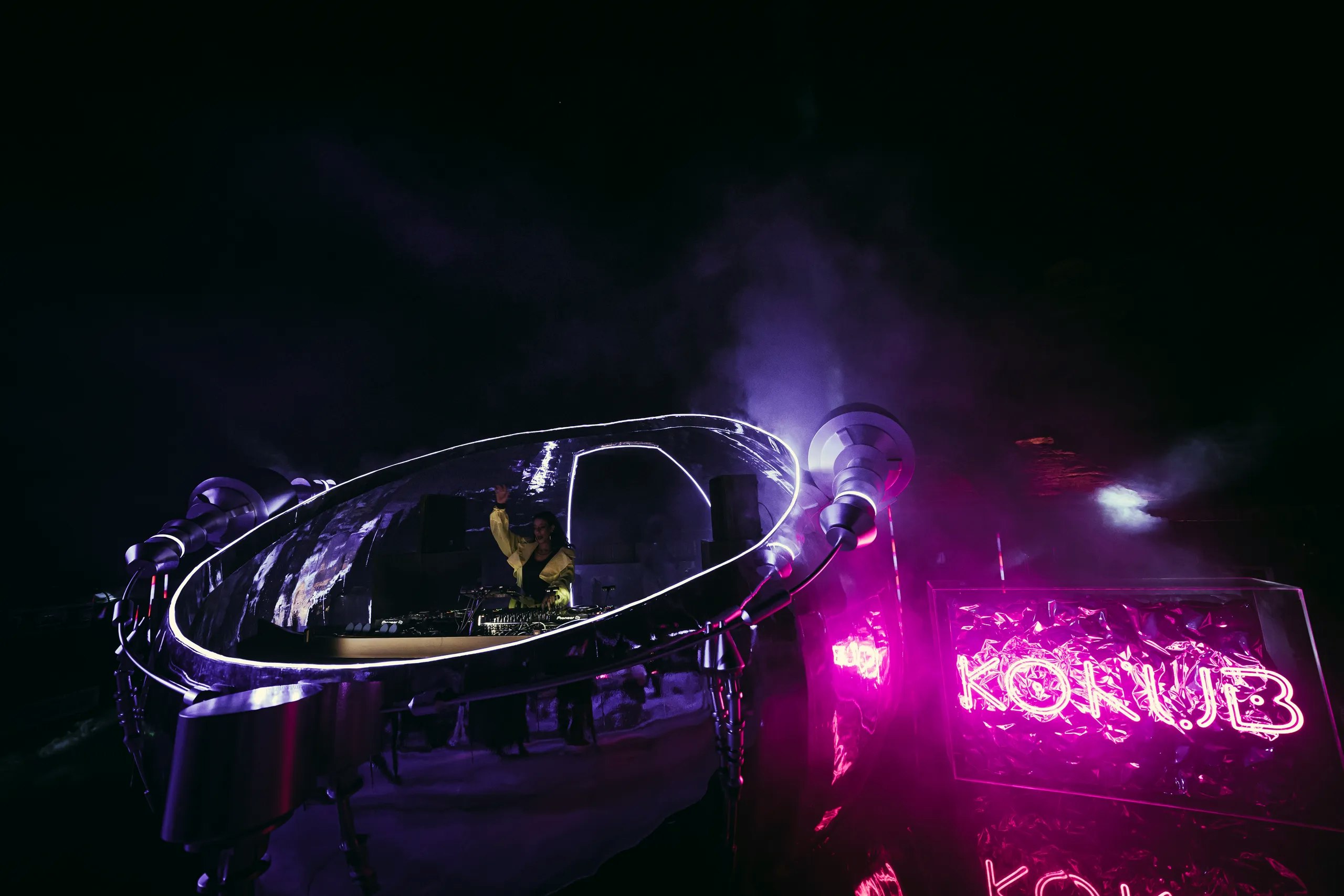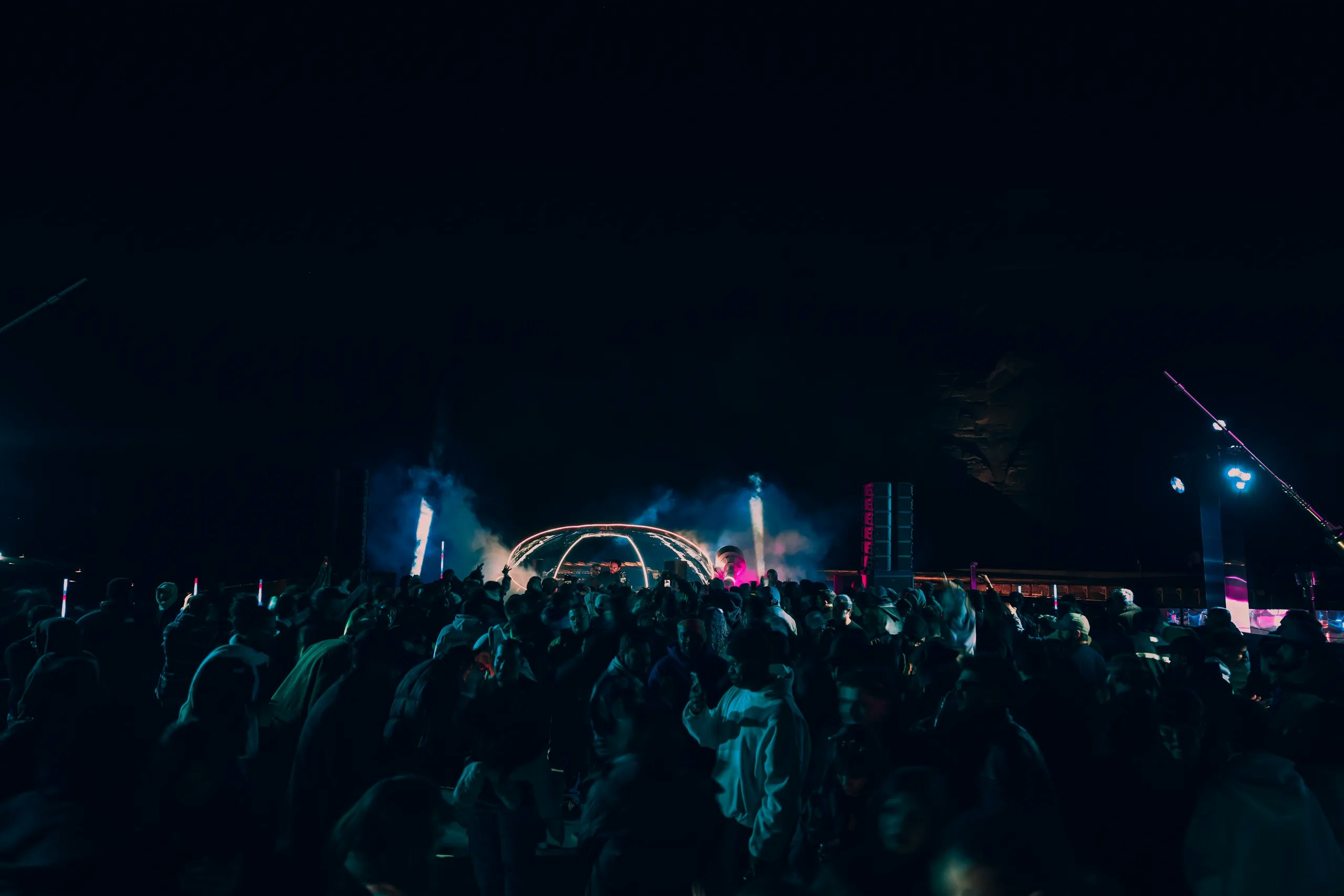

The Evolution of Music in the Digital Age
By MDLBEAST
September 17 2024
The Evolution of Music in the Digital Age
By MDLBEAST
September 17 2024
In an era where technology shapes every aspect of our lives, it's no surprise that music has undergone a profound transformation. Music in the Digital Age has revolutionized how we create, consume, and share melodies, fundamentally altering the landscape of the industry. Let's delve into this dynamic evolution and explore the impact of modern music in the digital realm.
Embracing Digital Innovation
Technology has made it easier than ever for aspiring musicians to create and share their music. With the help of computers and the internet, artists can produce high-quality recordings from the comfort of their own homes. Digital audio workstations (DAWs) allow musicians to mix and edit their tracks with precision, while online platforms like SoundCloud and Bandcamp provide a space for them to share their music with the world.
Moreover, the internet has also democratized the music industry, allowing independent artists to reach global audiences without the need for a record label. Social media platforms like YouTube and TikTok provide artists with a platform to promote their music and connect with fans directly, bypassing traditional gatekeepers.
More Ways to Make Music
Modern music production techniques leverage a wide range of digital tools and software. From synthesizers and samplers to MIDI controllers and virtual instruments, musicians have access to a plethora of creative tools to experiment with sounds and genres. This has led to a diversification of musical styles, as artists blend traditional instruments with electronic elements to create innovative compositions.
Additionally, advancements in technology have enabled collaborative music-making across geographical boundaries. Online collaboration platforms like Splice and Dropbox allow musicians to work together on projects remotely, breaking down barriers and fostering a global community of creators.
The Digital Music Boom
The advent of digital music streaming services has transformed the way we consume music. Platforms like Spotify, Apple Music, and Amazon Music offer listeners instant access to millions of songs, anytime, anywhere. This shift from physical formats to digital streaming has revolutionized the music industry, with streaming now accounting for the majority of music consumption globally.
The rise of streaming has also led to changes in the way artists monetize their music. While traditional revenue streams like album sales and live performances remain important, streaming royalties have become an increasingly significant source of income for artists. However, concerns have been raised about the fairness and transparency of streaming royalty rates, particularly for independent and emerging artists.
Challenges in the Digital Age
Despite the numerous benefits of music in the digital age, it also presents challenges for artists and the music industry as a whole. Piracy continues to be a significant issue, with illegal downloading and file-sharing depriving artists of potential revenue. Moreover, the rise of algorithm-driven playlists and recommendation systems on streaming platforms has raised concerns about the homogenization of musical tastes and the marginalization of niche genres.
Additionally, the digital landscape presents challenges in terms of copyright enforcement and intellectual property protection. With the ease of sharing and distributing music online, artists must navigate complex legal frameworks to protect their work from unauthorized use and exploitation.
What's Next for Music?
As we look ahead, some cool things are happening in music in the digital age. Let's check out some of the new stuff that's coming our way.
Virtual Reality (VR) and Augmented Reality (AR) Experiences
Imagine being able to feel like you're right in the middle of a concert without leaving your home. That's what virtual reality and augmented reality can do. They make it possible for you to be part of a concert from your living room, surrounded by all the excitement and energy of a real show. It's like bringing the concert to you, no matter where you are.
Artificial Intelligence (AI) and Machine Learning in Music
Have you ever heard a song made by a computer? It might sound strange, but artificial intelligence is getting really good at making music. With AI, computers can create melodies and even entire songs all on their own. It's pretty amazing to see how technology is changing the way music is made.
Algorithmic Music Recommendation Systems
Have you ever wondered how streaming services like Spotify know what songs you'll like? It's all thanks to algorithms. These are like smart computer programs that learn about your music tastes and suggest songs you might enjoy. So, the more you listen, the better these algorithms get at picking out songs you'll love.
In conclusion, music in the digital age represents a dynamic and ever-evolving landscape, driven by technological innovation and creative experimentation. As we look ahead, it's clear that technology will continue to play a central role in shaping the way we create, consume, and experience music, paving the way for a new era of musical expression and discovery.
Stay tuned for all the latest updates and thrilling announcements regarding the Soundstorm festival by visiting the MDLBEAST website. Jump into the awesome world of music and community, and be the first to know about all the cool stuff happening. Don't miss out—come join us and be part of the fun!
Share this


